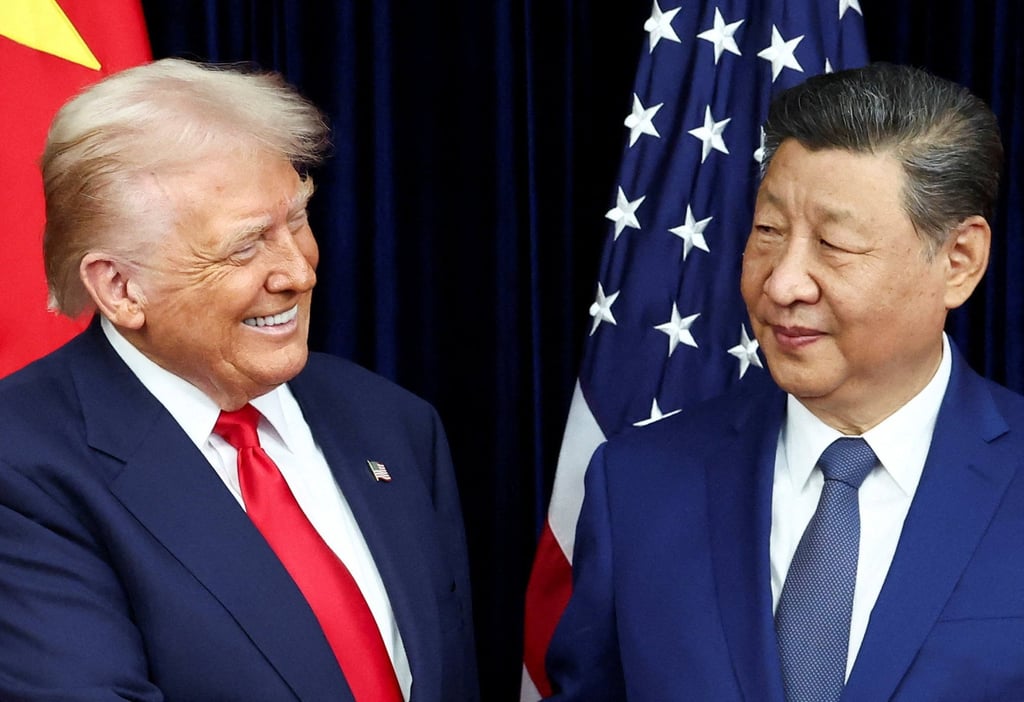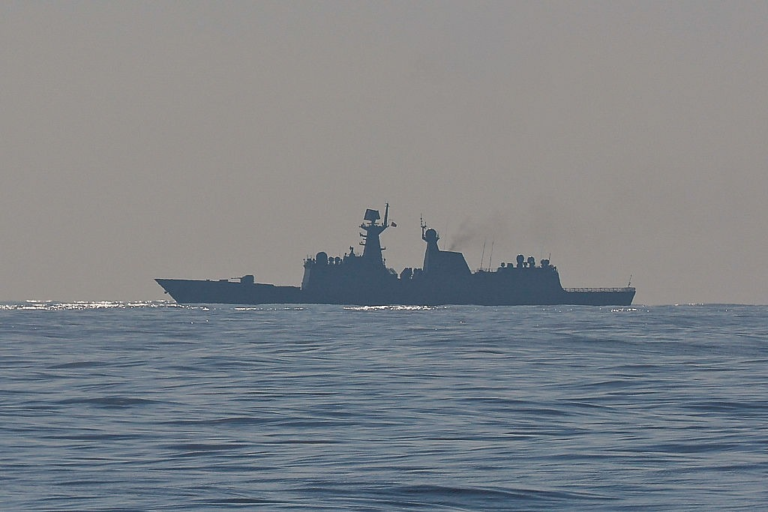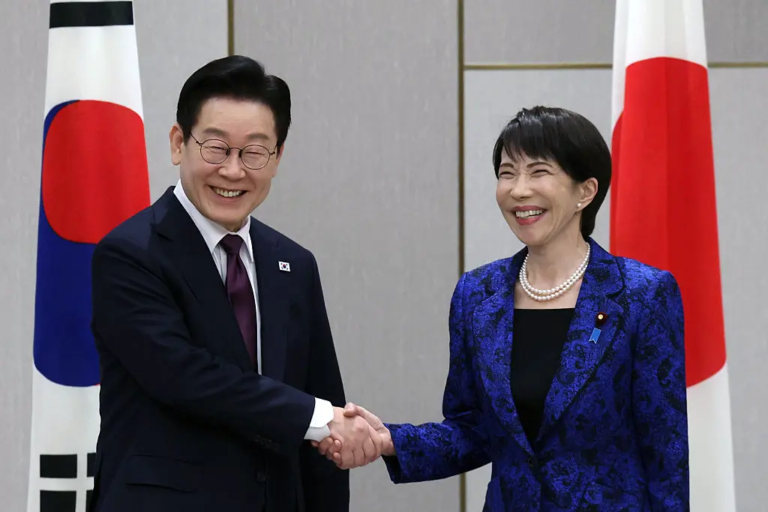
The United States should pass a law to impose tougher scrutiny of Hong Kong’s American dollar-backed international transactions and exports, a US advisory panel on China policy has recommended to the country’s Congress in a sweeping annual report.
The US-China Economic and Security Review Commission, which released the report on Tuesday, also suggested turning an existing Hong Kong-focused executive order, which includes suspending the city’s special trade status, into law to address “Beijing’s dismantling of Hong Kong’s autonomy and the erosion of fundamental freedoms”.
The 733-page report comes as Beijing and Washington have improved ties after a recent meeting between Chinese President Xi Jinping and his US counterpart Donald Trump, in which the world’s two largest economies agreed on extending a tariff truce and de-escalated tensions on other fronts.
“Although Hong Kong officials maintain a pretence of independence in order to court international investment, the expansion of ‘national security’ into all domains and pressure on private firms to operate in line with Beijing’s political objectives make Hong Kong’s system increasingly indistinguishable” from mainland China’s, it said.
The report said the Hong Kong government’s ongoing crackdown on dissidents, which included using the national security laws to silence them, “has eliminated a once vibrant civil society and created an atmosphere of repression comparable to mainland China”.
Hong Kong marked the fifth anniversary of the Beijing-imposed national security law in June, while the city enacted its own national security legislation in March last year in accordance with Article 23 of the Basic Law, the city’s mini-constitution.
According to official data, 326 people had been arrested under the two national security laws as of June 1.
The commission, an independent panel set up by Congress in October 2000, annually reports to lawmakers about the national security implications of the US-China trade and economic relationship.
The latest report claimed that while Hong Kong officials had mounted a “charm offensive” to maintain the city’s image as an international commercial hub, the economic reality showed its distinct status was shrinking, referring to CK Hutchison’s deal to sell its Panama ports.
The controversial deal in March this year by Li Ka-shing’s conglomerate to sell the ports to a consortium led by BlackRock, an American multinational investment company, has drawn criticism and scrutiny from Beijing. The deal remains stalled amid the broader frictions between the US and China.
The commission also portrayed the city as an emerging hub to evade export controls and sanctions, facilitating transactions for restricted goods and advanced technology involving Russia, Iran and North Korea.
It recommended passing a law that would only allow Hong Kong to keep its official status as a US dollar trading hub if it followed all American sanctions.
Such legislation would require Hong Kong to allow the US to review transactions conducted through the city’s USD Clearing House Automated Transfer System.

The system is Hong Kong’s main, superfast electronic highway that banks use to immediately and securely send large amounts of US dollars to each other during Asian business hours, enabling the city to serve as an international financial centre.
The legislation would also impose sanctions on mainland and Hong Kong financial institutions deemed to assist in the evasion of sanctions on behalf of Russian, Iranian and North Korean entities.
It would require heightened due diligence for sales of any Common High Priority List items to the mainland or Hong Kong, given the country’s role as primary provider of such items to Russia.
The list covers specific, sensitive items – mostly electronic components, materials and machinery – critical for Russia’s military.
The commission also suggested writing executive order 13936 on Hong Kong Normalisation that was issued on July 14, 2020, into law “to ensure the continued implementation of US policy in response to Beijing’s dismantling of Hong Kong’s autonomy and the erosion of fundamental freedoms”.
The order determined that Hong Kong was no longer sufficiently autonomous to justify differential treatment from the People’s Republic of China under US law.
“Codification would protect these measures from potential reversal by future administrations without congressional input, send a strong bipartisan signal of support for the people of Hong Kong and reinforce US commitment to upholding international obligations under the Sino-British Joint Declaration,” the report said.
The report included another 26 suggestions targeting the mainland for its stances on Russia, Southeast Asia and Taiwan, as well as what it said were its drive for technological supremacy and weaponisation of critical supply chain dependencies.
Among them, the commission argued for passing legislation affirming strong support for the Vatican-Taipei diplomatic relationship and opposing Chinese pressure to sever those ties. It also proposed creating an inter-agency task force to combat scam centres primarily operated by Chinese criminal networks in Southeast Asia.
The Post has reached out to the Hong Kong government for comment.




